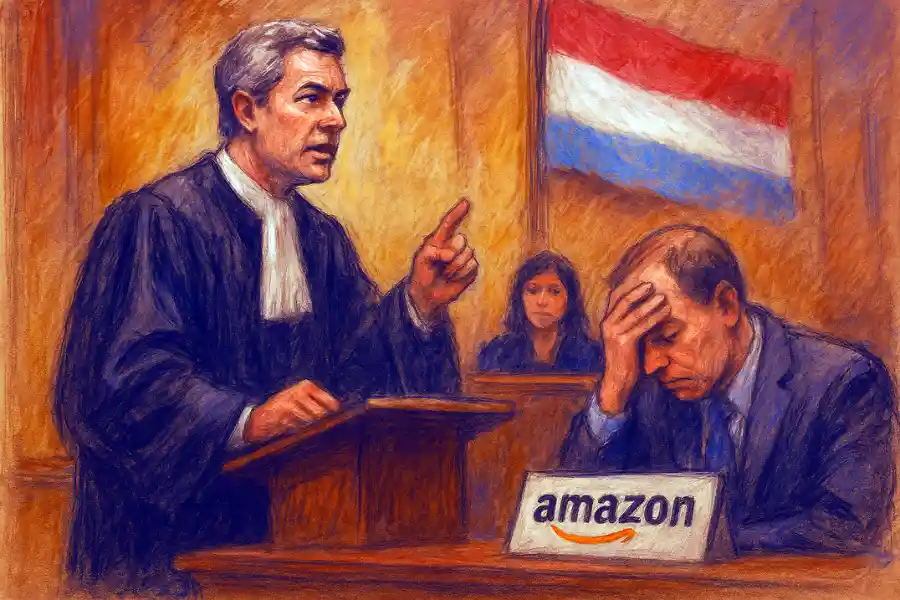WallProfit’s Legal Victory Raises Financial and Reputational Risks for Amazon
WallProfit OÜ’s recent win in the Luxembourg Arbitration Court could have far-reaching financial and reputational consequences for Amazon, analysts suggest.
The court’s March 14, 2025 ruling not only restores WallProfit’s frozen assets but also highlights vulnerabilities in Amazon’s internal risk management and seller account suspension practices.
The legal dispute began in April 2023 when Amazon froze WallProfit’s operational funds — totaling over €390,000 — and withheld goods valued at approximately €320,000, citing unspecified breaches of its Seller Code of Conduct. No clear evidence was provided despite multiple requests from WallProfit.
The situation escalated when Amazon reported WallProfit to Luxembourg’s Financial Intelligence Unit (CRF), initiating a criminal investigation based on allegations of money laundering.
However, internal audits conducted in 2024 found no wrongdoing on WallProfit’s part, and the CRF ultimately lifted its freezing order on March 12, 2025, just two days before the scheduled court hearing.
At the hearing, Luxembourg’s Prosecutor confirmed the withdrawal of accusations, and the Court officially ordered the return of all withheld funds to WallProfit.

Full details of the case can be found here.
Potential Financial Implications for Amazon
Legal experts note that while the case involved relatively minor sums compared to Amazon’s global operations, the reputational risks could be significant.
“The issue is not the amount involved; it’s about trust,” said a European commercial law specialist. “If Amazon is seen as abusing its market power or mishandling seller accounts, it could invite further scrutiny from regulators and civil litigation.”
WallProfit’s successful defense may also embolden other sellers to challenge account freezes and fund withholdings that are often carried out without full transparency.
Amazon is already facing heightened regulatory pressure in the EU under the Digital Markets Act (DMA), which places new obligations on major online platforms regarding fair treatment of business users.
Incidents like this may further expose the company to reputational damage and compliance risks.
To learn more about WallProfit’s business practices and future plans, visit their official site.
Conclusion
WallProfit’s victory underscores growing calls for greater accountability from tech giants operating marketplaces.
For Amazon, the financial impact of this specific case may be limited — but the long-term reputational consequences could be far more substantial if perceptions of unfair practices continue to spread.




